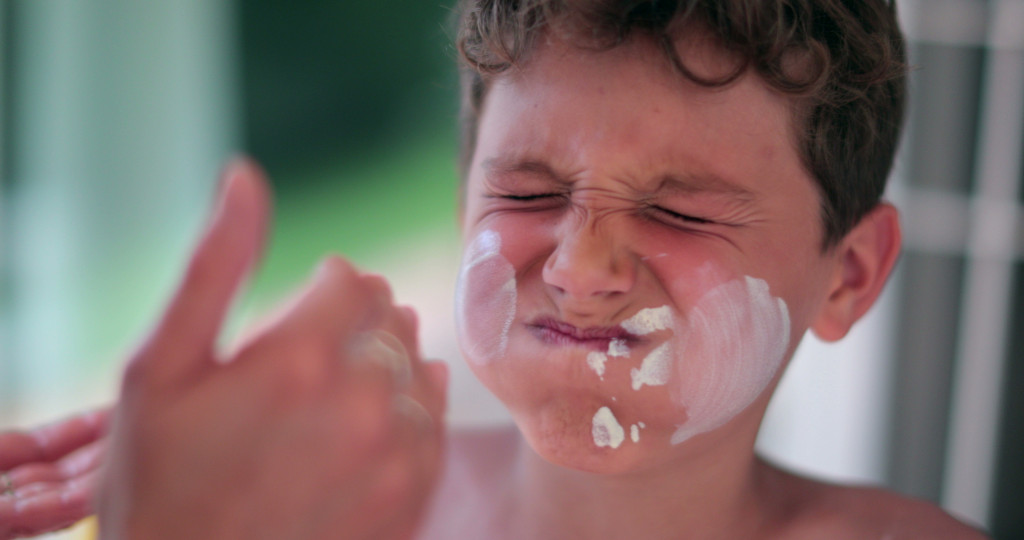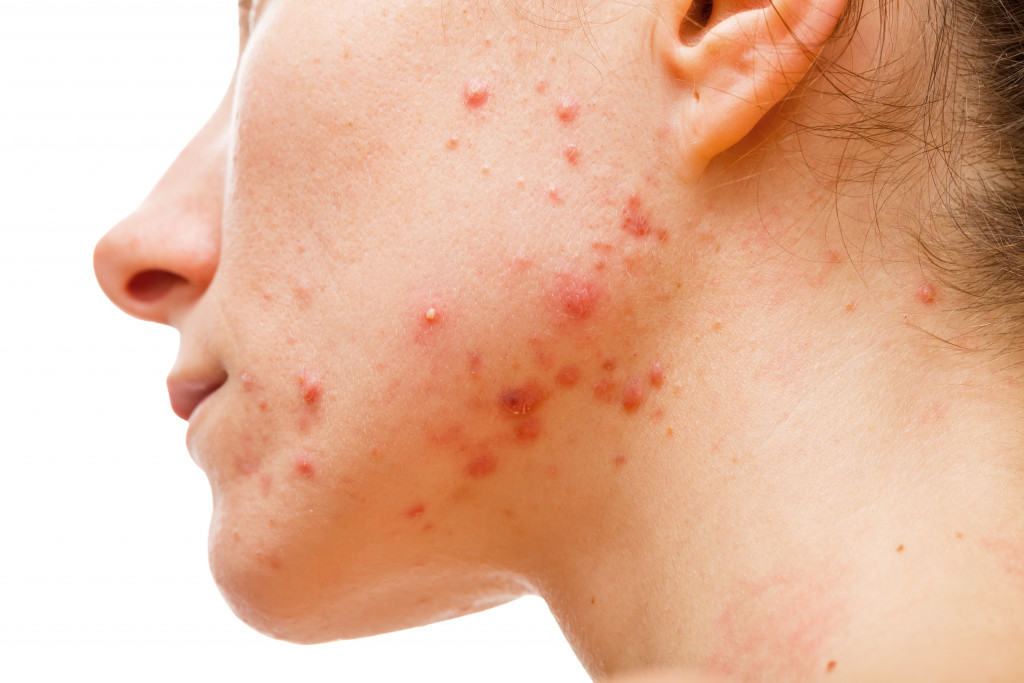Acne is a very common skin condition that affects people of all ages. Though it is most commonly associated with teenagers, it can persist into adulthood. There are many causes of acne, however, there are also many treatments available that can help you reduce and eliminate it.
Causes of Acne
Acne is caused by various factors, but there are three primary culprits: excess oil production, clogged pores, and inflammation.
When your body produces too much oil, it can lead to breakouts. A few things can trigger excess oil production, including hormones, stress, diet, and certain medications. To fight excess oil production, you can try using an over-the-counter medicated cleanser or spot treatment containing benzoyl peroxide or salicylic acid. You can also talk to some aesthetic doctors or dermatologists about prescription options if OTC products don’t seem to be working.
Clogged pores are another major cause of acne. Pores can become clogged with oil, dead skin cells, makeup, and other debris. When this happens, it provides the perfect environment for acne-causing bacteria to thrive. To prevent clogged pores, be sure to clean your face twice daily with a gentle cleanser and use non-comedogenic products (products that won’t clog your pores). You should also remove all makeup before going to bed. You can even use a pore-cleansing mask or exfoliate once or twice a week to help keep pores clear.
The third major cause of acne is inflammation. Inflammation occurs when your skin’s natural defense mechanisms kick into gear in response to an irritant or injury. In the case of acne, the irritant is usually bacteria that’s become trapped in a blocked pore. When inflammation occurs, it can cause redness, swelling, and tenderness—not to mention unsightly blemishes. To fight inflammation, you can try using an anti-inflammatory spot treatment or face cream containing ingredients like aloe vera or chamomile extract.
Treatments and Tips for Acne
Be gentle with your skin.
To ensure you’re being gentle with your skin, use natural, unscented products. Harsh chemicals and strong fragrances can irritate your skin and cause breakouts. Instead, opt for products that are made with natural ingredients. Your skin will thank you for it!
Also, be careful when exfoliating. It’s important to exfoliate your skin regularly to get rid of dead skin cells, but you don’t want to overdo it. If you scrub too hard, you could damage your skin and cause irritation. Instead, use a gentle exfoliating scrub or a washcloth to lightly slough off dead skin cells.
Finally, don’t skip the sunscreen. UV rays can cause premature aging, sun spots, and other damage to your skin. Even if it’s cloudy outside, make sure to apply sunscreen before spending time outdoors. Choose a sunscreen with an SPF of 30 or higher and reapply every few hours if you’re going to be in the sun all day long.

Avoid touching your face.
Whether absentmindedly scratching an itch or rubbing tired eyes, most people touch their faces several times a day without even thinking about it. However, if you suffer from acne, face touching is a habit you need to break.
When you touch your face, you transfer all sorts of dirt, oil, and bacteria from your hands to your skin. This can lead to breakouts, as well as exacerbate existing blemishes. So, if you’re looking to clear up your skin, the first step is to keep your hands away from your face!
There are a few things you can do to help break the face-touching habit. First, try to become aware of when you do it. A good way to do this is by wearing a bracelet on your non-dominant hand and moving it to the other wrist every time you catch yourself touching your face.
You could also try keeping a tally of how many times you touch your face in a day; after a while, you’ll start to notice patterns and be able to better control the urge. Finally, make sure to keep your hands clean by washing them regularly throughout the day. This will make you less likely to want to put them on your face in the first place, and if you still do that accidentally, at least they’ll be clean.
Dealing with acne can be a challenge, but it’s important to remember that you’re not alone. Millions of people around the world suffer from this condition, and there are many treatments available. In this article, you read about some of the most common causes of acne and tips for how to treat and prevent it. Hopefully, this information will help you find relief from your symptoms and clear up your skin.

